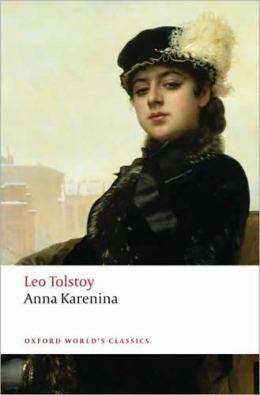
Forget those alike (ie, boring) happy families. As Tolstoy’s 1875 masterpiece shows, what happens inside an unhappy family is much more scintillating. There are jilted lovers, suicide, sly siblings, cuckolded spouses, honor, war, mysticism, religion, illegitimate children, ennui, illness and a sexy mazurka or two. Not to mention Constantin Levin’s farming tips. All this set against the tense backdrop of Russia on the brink of massive social change. From that first opening line — second in imitation only to “Call me, Ishmael” — up to the aftermath of Anna’s plunge under the train, Tolstoy painstakingly lays out the consequences of adultery and the politics of love.
